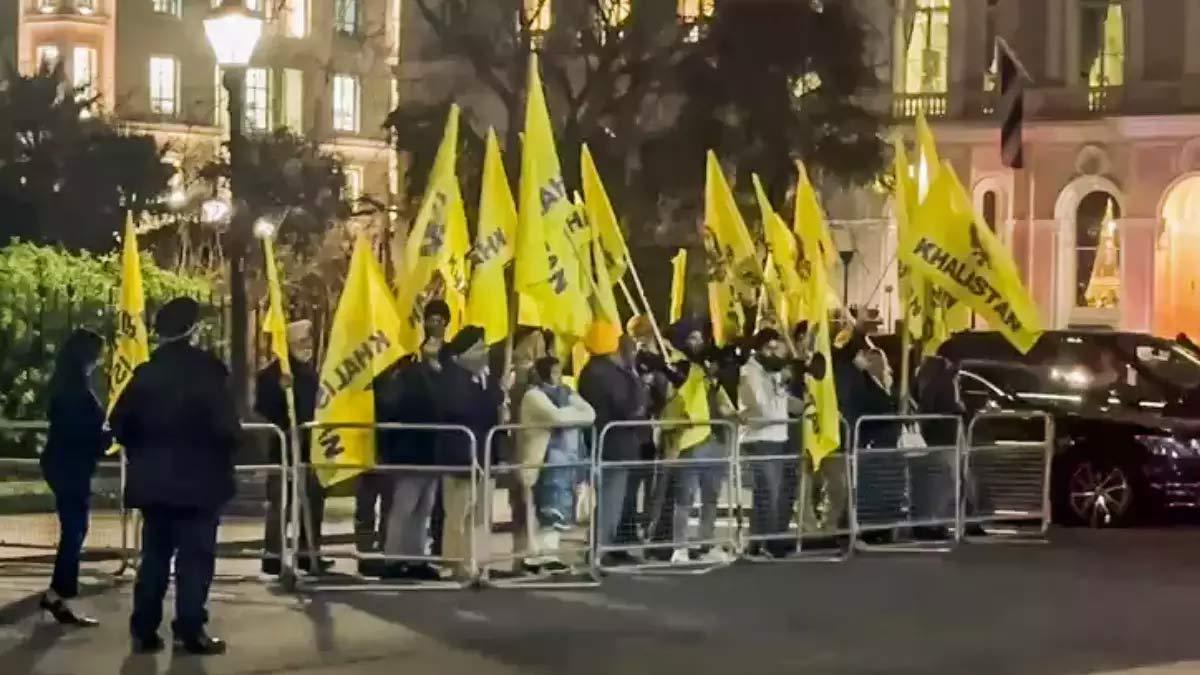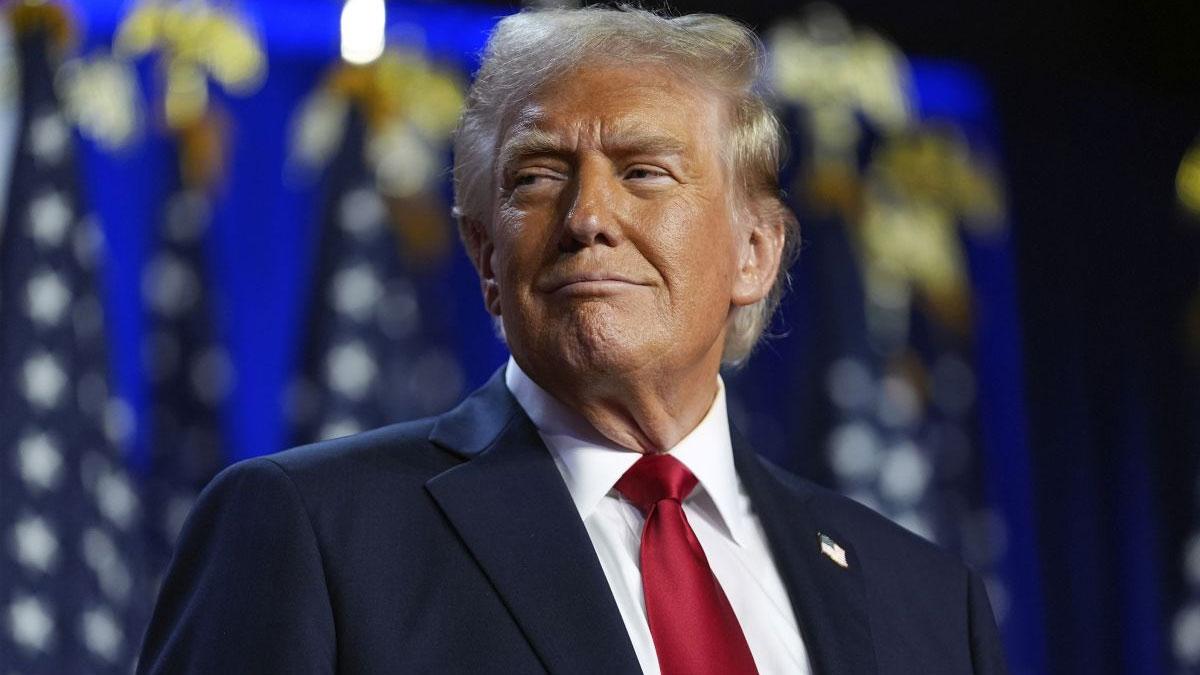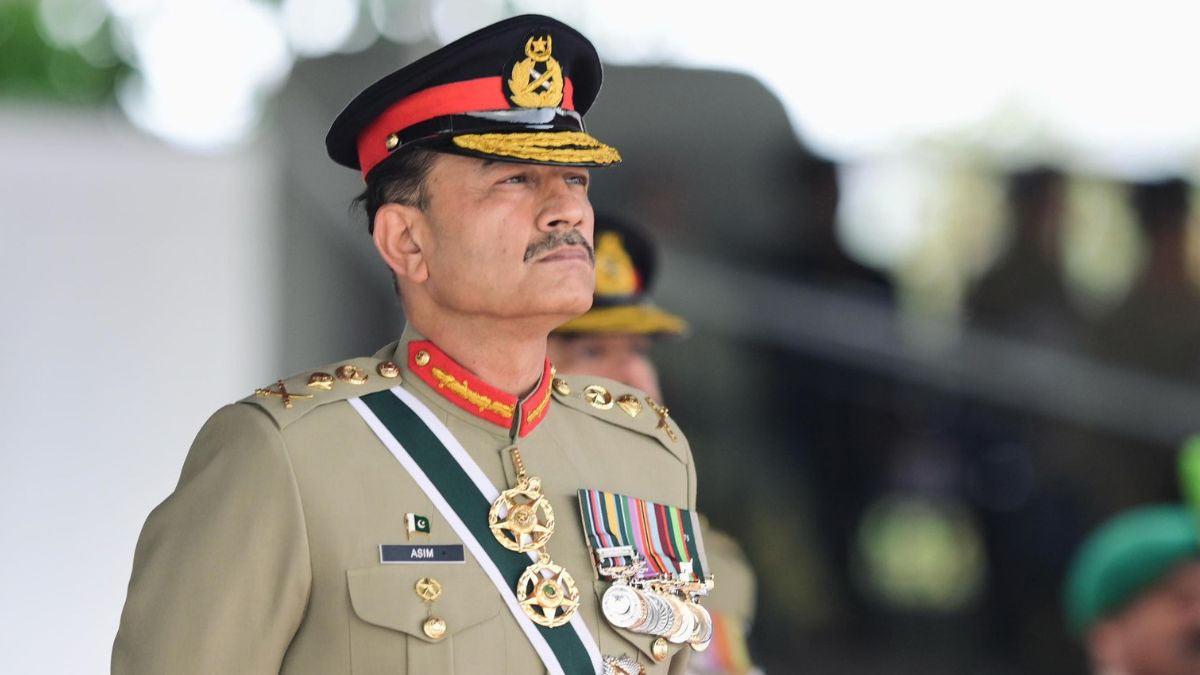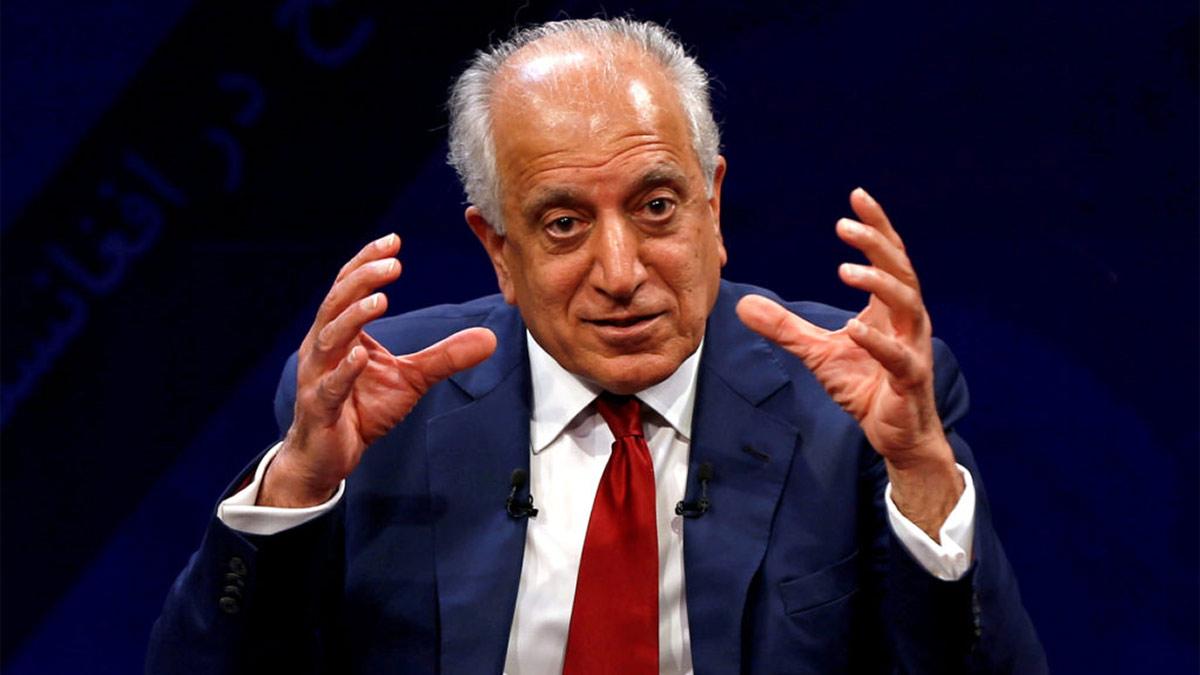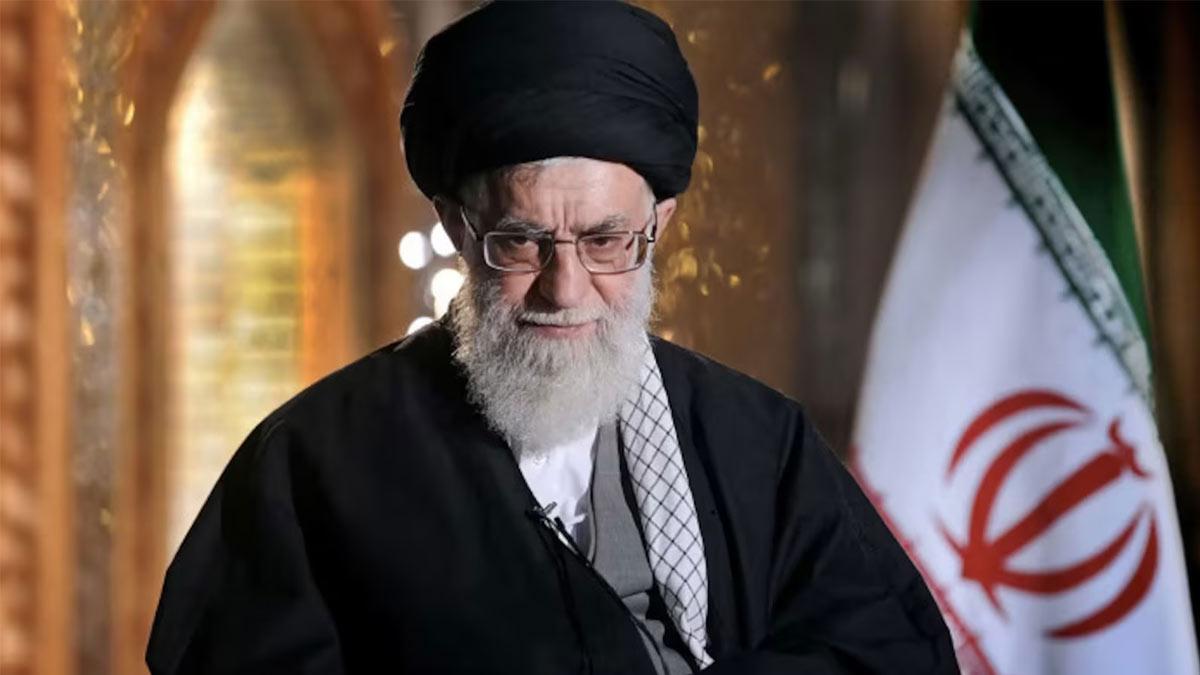For the first time in public, Canada's top spy agency, the Canadian Security Intelligence Service (CSIS), has revealed that Khalistani extremists continue to plot from Canadian soil — carrying out promotion, fundraising, and violent action planning with a primary focus on India.
In its annual report, CSIS clearly said: "Khalistani extremists continue to use Canada as a base for the promotion, fundraising or planning of violence primarily in India."
This drastic change in tone on the part of Canadian officials renewed debates concerning foreign extremist networks based in Canada and India's diplomatic relations with it, in particular.
India has consistently voiced its concerns over the presence and activities of Khalistani separatists in Canada. Until now, Ottawa has appeared to sidestep these allegations. But CSIS’s report now aligns with New Delhi’s long-standing assertions — that Canada has become a refuge for individuals and groups with anti-India agendas.
What is unique in this report is Canada's outright usage of the term "extremism" to describe Khalistani forces — something unprecedented in any official Canadian government statement on the issue.
Since the 1980s, the PMVE threat to Canada has predominantly manifested itself in the form of Khalistani separatism. CSIS describes these Canada-based Khalistani extremists (CBKEs) as individuals who promote the employment of violence towards achieving an independent Khalistan — a hypothetical sovereign state carved out of India's Punjab province.
PMVE, according to the agency, involves attempts to topple existing political orders or build entirely new ones by violent means. It observes that actors in this category are engaged in enabling, funding, and organizing such activities worldwide.
Although there were no CBKE-related attacks in Canada during 2024, CSIS warns their ongoing international activities and ideological support networks represent an ongoing national security threat — not only to India but to Canadian interests as well.
Alongside its report on Khalistani extremism, CSIS, as well as the National Security and Intelligence Committee of Parliamentarians (NSICOP), has indicated Pakistan's involvement in foreign interference in Canada. Two major reports — one from the Public Inquiry into Foreign Interference (PIFI) in May 2024, and the other from NSICOP in June — identified Pakistan as a state actor seeking to influence Canadian democratic institutions.
India has long contended that Canada is home to separatist forces opposed to Indian sovereignty — concerns based on the memory of the 1985 Air India bombing and a long history of terrorist attacks linked to Khalistani forces.
As this, the high-profile probe into the June 2023 murder of Hardeep Singh Nijjar — a Canadian citizen and vocal pro-Khalistan activist — goes forward. Four people were charged with first-degree murder and conspiracy related to Nijjar's murder in May 2024.
These revelations by CSIS occurred at a sensitive diplomatic moment since Indian Prime Minister Narendra Modi and newly elected Canadian Prime Minister Mark Carney had their first meeting at the G7 summit held in Canada. Their meeting marked the start of a tentative thaw in bilateral relations, which had deteriorated considerably following the assassination of Nijjar in British Columbia.
After the meeting, both leaders concurred to appoint new High Commissioners and to revive trade talks that had been at a standstill for months. New Delhi declared in a statement that the talks represented a step towards a "constructive and balanced partnership based on mutual respect for concerns and sensitivities.
Read also| Putin Expresses Willingness to Meet Zelensky if Peace Talks Reach 'Final Phase'
Read also| Trump Walks Back Claim of Preventing India-Pakistan War

